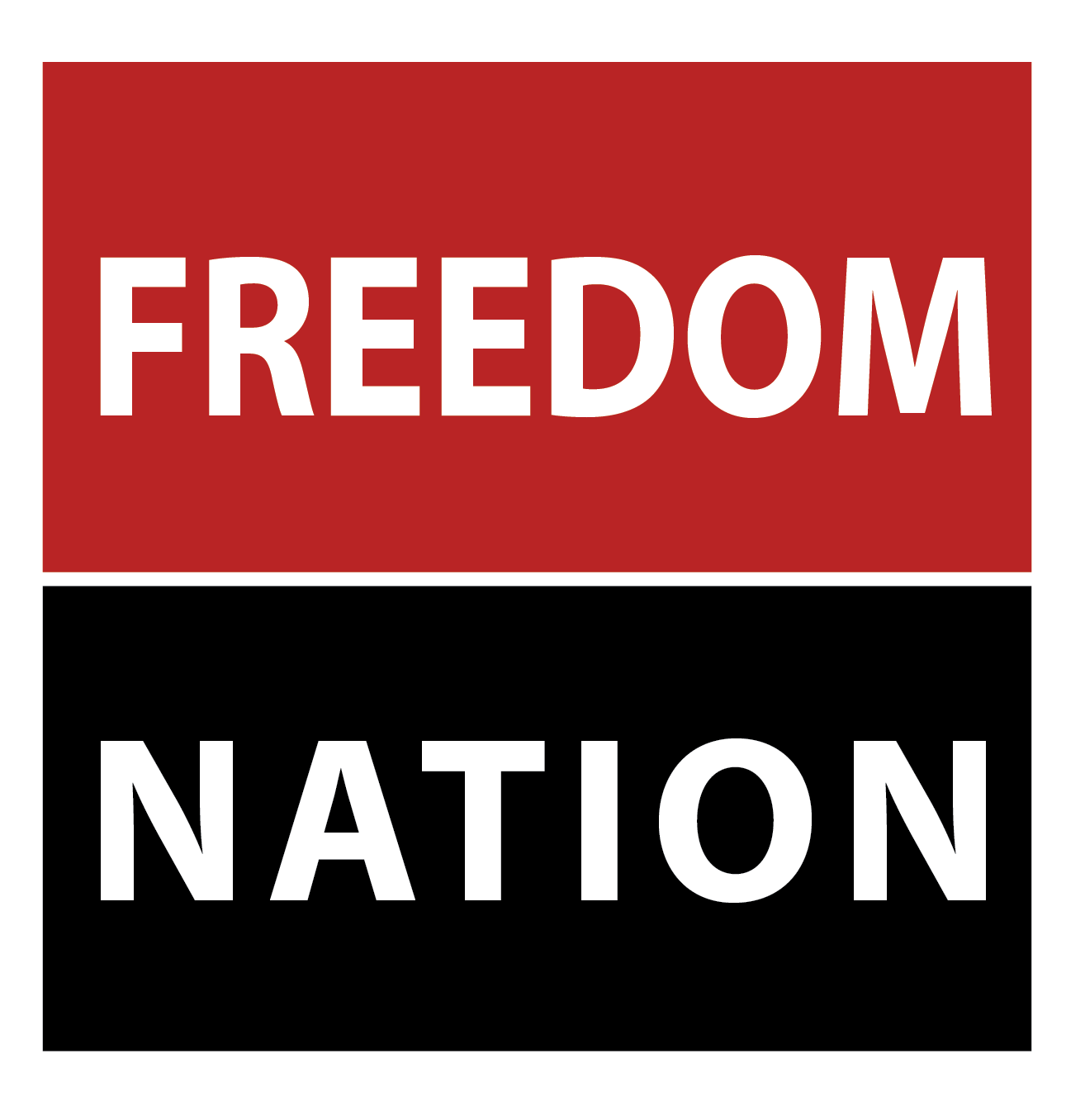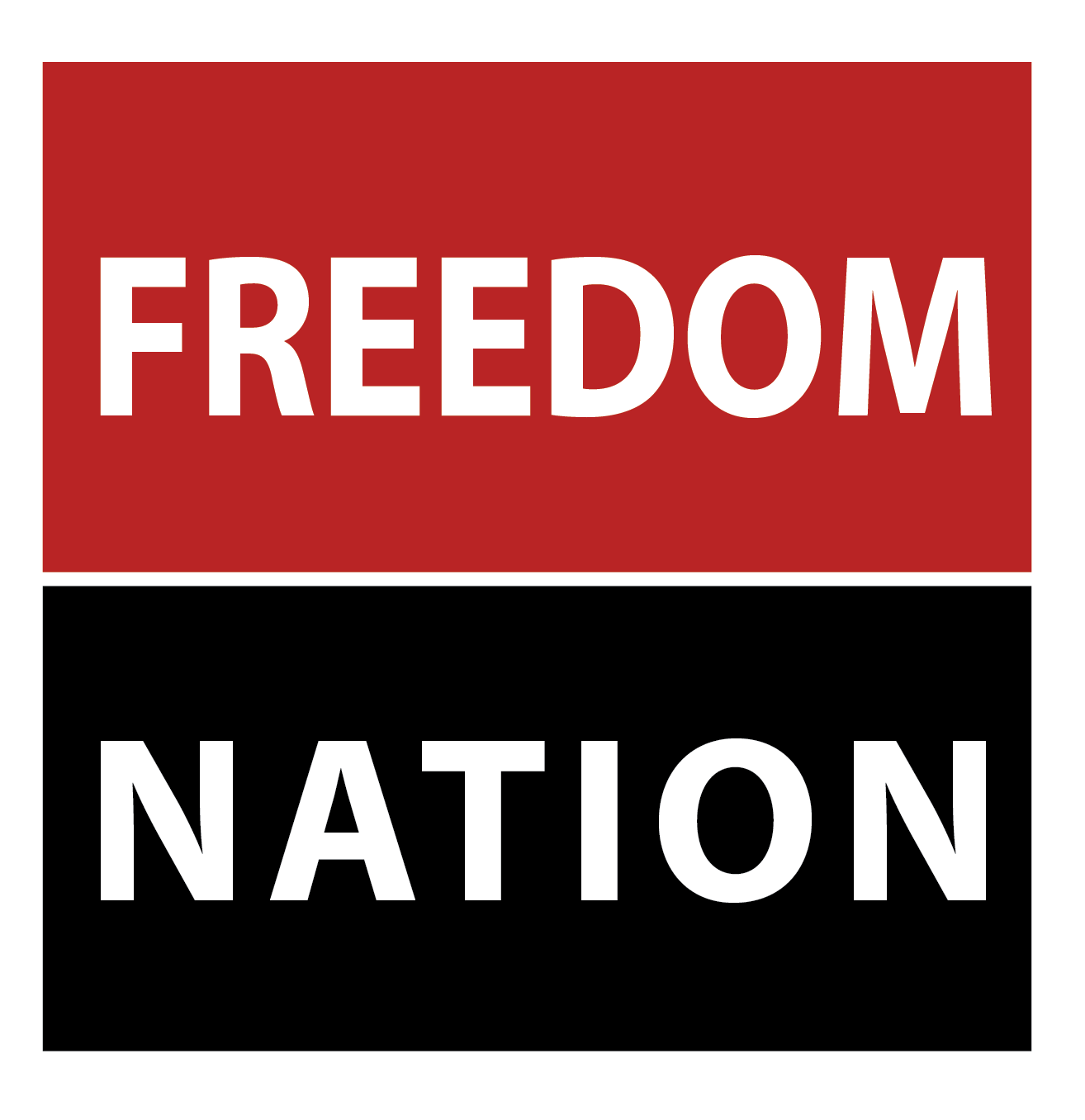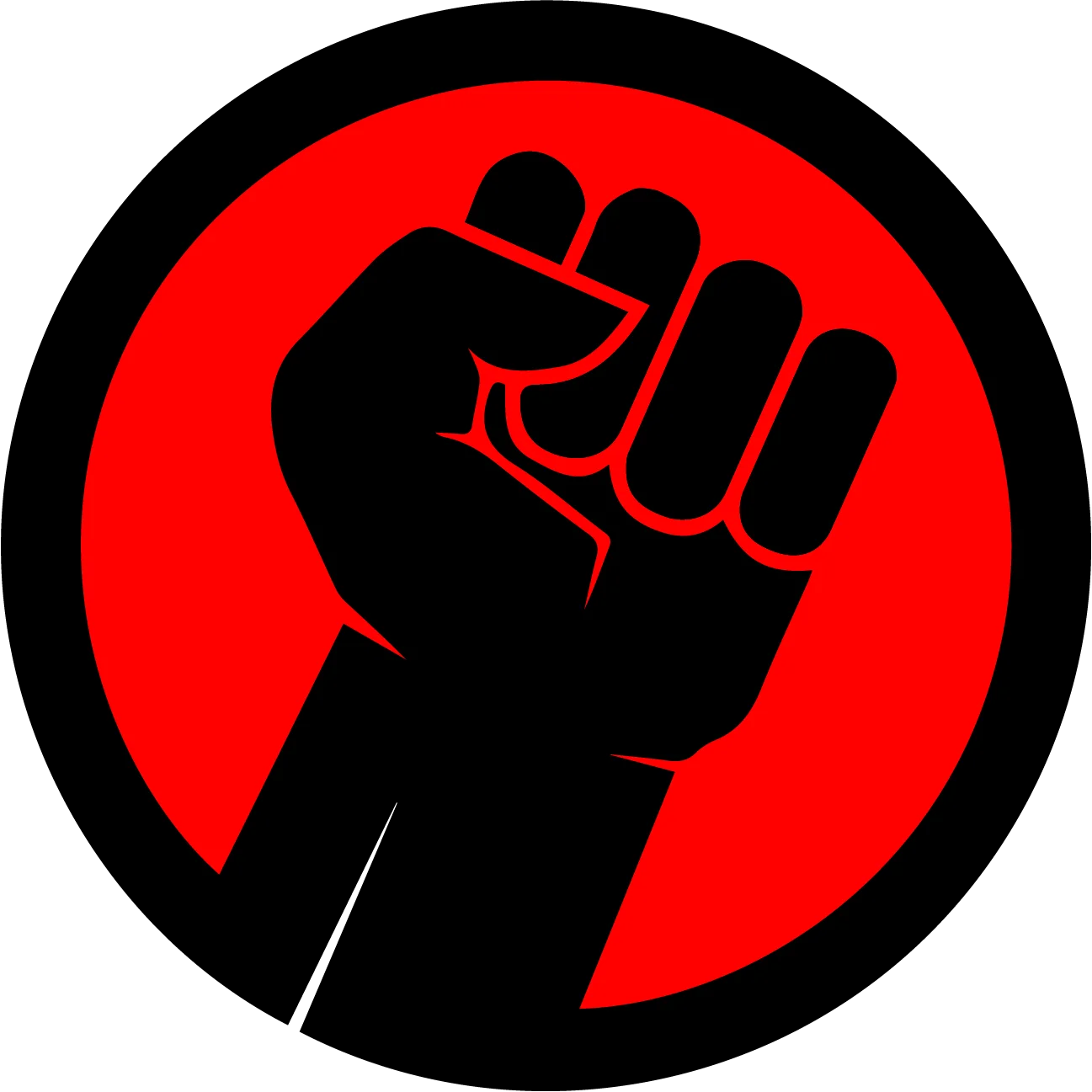What in the world?
Pieces of global opinion
A review of the best commentary on and around the world… Today’s must-read
When talk show host Larry Elder declared that racism is not a major problem and that black Americans are thriving economically, he added: “If black America were a country, it’d be the 15th wealthiest nation in the world.”
As reported by the Tampa Bay Times’s PunditFact blog , “Elder referred us to an annual report by Target Market News called ‘The Buying Power of Black America’, which publishes the only estimate we could find of the total earned income of African-Americans. In 2011, the report he provided us, Target Market News put the income spent by African-Americans at $836bn [£524bn].”
But as author Theodore R Johnson of the Atlantic points out , the stats do not support Elder’s presumed monolithic black America.
“Nearly all the sources of black America’s attributes are grounded in America’s history, economy, geography and government structures,” he says.
As NYU economics Prof Gian Luca Clementi tells the Tampa Bay Times, “factors like government expenditure and private investment mean that buying power and [the total income produced in a country] aren’t comparable.”
Even so, statistics published in the Atlantic paint a picture of two countries:
“The first is of a strong nation with considerable manpower and purchasing power. The second is of a troubled, fragile state suffering from socioeconomic disparities and structural subjugation in ways that degrade life, liberty and the pursuit of happiness.”
According to the US Census and the Credit Suisse Global Wealth Databook, the median wealth per black American adult is $4,955 (£3,100), below the median wealth per adult in Mexico, China and Brazil. And in the United States, the average poverty rate is 15.1% overall, versus 27.4% in the black community.
“Black household wealth is just over the median wealth of an adult in Palestine,” writes Johnson.
WEB Du Bois, founder of the NAACP, outlined a similar concept in his address A Negro Nation Within a Nation .
“As for the belief that black America is an immense, multifaceted asset to the United States, his instincts were right,” writes Johnson. “Black Americans boast enormous capital that has been exploited over the course of the nation’s history and has yet to be fairly and fully employed to increase prosperity for all Americans.” North Korea
The rise of capitalism in Pyongyang – State socialism “is as dead in North Korea as it is in China”, according to Bloomberg’s Andrei Lankov.
The north is now home to a large and growing private economy whose existence is not officially recognised. The regime, Lankov says, has largely chosen not to enforce the Stalinist regulations banning almost all private economic activities.
“Though these changes have prompted a partial economic recovery – largely eliminating outright starvation – they have also had dangerous side effects,” he writes. “Left unchecked, they’ve encouraged corruption and levels of income inequality that are high even by Asian standards. In fashionable restaurants, crooked officials and Pyongyang’s nouveau riche now splurge on $50 dinners – about as much as the average rural family makes in a month.” Venezuela
Misplaced priorities – Venezuelan President Nicolas Maduro seems to be more concerned with the academics who discuss the country’s debt than the debt problem itself, write Harvard Profs Carmen Reinhart and Kenneth Rogoff.
Mr Maduro recently called for “action” against the Venezuelan economists Ricardo Hausmann and Miguel Angel Santos for, in the words of Reinhart and Rogoff, asking whether “defaulting on every conceivable kind of domestic debt, Venezuela should invite foreign investors to the party and default on its debt to them as well”.
“Maduro’s absurd threat against Hausmann and Santos smacks of a search for a scapegoat,” they write. “They were not giving a political speech, but were simply summarizing deeply troubling and unpleasant facts.”
Ir ish Republic
Economic rebound brings false hope -The government of Ireland is taking too much credit for an economic rebound that was inevitable, writes Fintan O’Toole of the Irish Times. The actions the government took, he continues, did more harm than good.
“Was it really wise to spend vast sums paying off bank bondholders whose gambles had gone wrong?” he writes. “Was it wise to allow such a sharp increase in child poverty when we know how enormously costly that condition is? Did these policies really make us more fiscally stable?”
O’Toole also points to the $252bn (£158bn) of public debt passed on to the next generation. “These things don’t cause recovery – they limit it for years to come. People know this too well to be impressed by those who crow about it.” Pakistan
A tale of two Nobel laureates – Seventeen-year-old Malala Yousafzai is the second Pakistani to win a Nobel Prize. Abdus Salam was the first – and like her he lived outside of Pakistan because of persecution at home.
In 1979 Salam and two other scientists were awarded the Nobel Prize in physics for pioneering work in subatomic particles (anticipating the discovery of the Higgs Boson).
As the Washington Post reports, Mr Salam belonged to the Ahmadi sect, whose adherents are considered heretics by some Muslims because they don’t believe Mohammad was the last prophet. This year alone at least 13 Ahmadis have been killed in targeted attacks in Pakistan.
“Per his own instructions, Salam’s body was taken back to Pakistan [from Oxford, England] and buried next to the graves of his parents,” writes author Ishaan Tharoor. “His gravestone epitaph read, ‘First Muslim Nobel Laureate.’ But a local magistrate ordered the word “Muslim” to be obscured – much like Salam’s larger legacy in Pakistan.” BBC Monitoring’s quote of the day
A Russian commentator responds to the ongoing economic sanctions imposed by Western nations.
“The Western sanctions are very serious. This is a monumental, long-term and multifaceted challenge to the Russian Federation – a challenge our country must meet… American strategists intend the sanctions to act as a toxin, slowly but surely poisoning our economic system… The West, itself responsible for the ‘hellish brew’ of the Ukraine crisis, is always shifting the burden of its guilt to us, both consciously and unconsciously. The US and the EU are projecting onto Russia their own hang-ups, fears and disappointments – and ending up with the image of an aggressor nation that must be crushed with sanctions at all costs.” – Mikhail Rostovskiy in Moskovskiy Komsomolet .
Have you found an interesting opinion piece about global issues that we missed? Share it with us via email at echochambers (at) bbc.co.uk.
This post is curated. All content belongs to original poster at www.bbc.com

What in the world?
Pieces of global opinion
A review of the best commentary on and around the world...
Today's must-read
When talk show host Larry Elder declared that racism is not a major problem and that black Americans are thriving economically, he added: "If black America were a country, it'd be the 15th wealthiest nation in the world."
As reported by the Tampa Bay Times's PunditFact blog, "Elder referred us to an annual report by Target Market News called 'The Buying Power of Black America', which publishes the only estimate we could find of the total earned income of African-Americans. In 2011, the report he provided us, Target Market News put the income spent by African-Americans at $836bn [£524bn]."
But as author Theodore R Johnson of the Atlantic points out, the stats do not support Elder's presumed monolithic black America.
"Nearly all the sources of black America's attributes are grounded in America's history, economy, geography and government structures," he says.
As NYU economics Prof Gian Luca Clementi tells the Tampa Bay Times, "factors like government expenditure and private investment mean that buying power and [the total income produced in a country] aren't comparable."
Even so, statistics published in the Atlantic paint a picture of two countries:
"The first is of a strong nation with considerable manpower and purchasing power. The second is of a troubled, fragile state suffering from socioeconomic disparities and structural subjugation in ways that degrade life, liberty and the pursuit of happiness."
According to the US Census and the Credit Suisse Global Wealth Databook, the median wealth per black American adult is $4,955 (£3,100), below the median wealth per adult in Mexico, China and Brazil. And in the United States, the average poverty rate is 15.1% overall, versus 27.4% in the black community.
"Black household wealth is just over the median wealth of an adult in Palestine," writes Johnson.
WEB Du Bois, founder of the NAACP, outlined a similar concept in his address A Negro Nation Within a Nation.
"As for the belief that black America is an immense, multifaceted asset to the United States, his instincts were right," writes Johnson. "Black Americans boast enormous capital that has been exploited over the course of the nation's history and has yet to be fairly and fully employed to increase prosperity for all Americans."
North Korea
The rise of capitalism in Pyongyang - State socialism "is as dead in North Korea as it is in China", according to Bloomberg's Andrei Lankov.
The north is now home to a large and growing private economy whose existence is not officially recognised. The regime, Lankov says, has largely chosen not to enforce the Stalinist regulations banning almost all private economic activities.
"Though these changes have prompted a partial economic recovery - largely eliminating outright starvation - they have also had dangerous side effects," he writes. "Left unchecked, they've encouraged corruption and levels of income inequality that are high even by Asian standards. In fashionable restaurants, crooked officials and Pyongyang's nouveau riche now splurge on $50 dinners - about as much as the average rural family makes in a month."
Venezuela
Misplaced priorities - Venezuelan President Nicolas Maduro seems to be more concerned with the academics who discuss the country's debt than the debt problem itself, write Harvard Profs Carmen Reinhart and Kenneth Rogoff.
Mr Maduro recently called for "action" against the Venezuelan economists Ricardo Hausmann and Miguel Angel Santos for, in the words of Reinhart and Rogoff, asking whether "defaulting on every conceivable kind of domestic debt, Venezuela should invite foreign investors to the party and default on its debt to them as well".
"Maduro's absurd threat against Hausmann and Santos smacks of a search for a scapegoat," they write. "They were not giving a political speech, but were simply summarizing deeply troubling and unpleasant facts."
Irish Republic
Economic rebound brings false hope -The government of Ireland is taking too much credit for an economic rebound that was inevitable, writes Fintan O'Toole of the Irish Times. The actions the government took, he continues, did more harm than good.
"Was it really wise to spend vast sums paying off bank bondholders whose gambles had gone wrong?" he writes. "Was it wise to allow such a sharp increase in child poverty when we know how enormously costly that condition is? Did these policies really make us more fiscally stable?"
O'Toole also points to the $252bn (£158bn) of public debt passed on to the next generation. "These things don't cause recovery - they limit it for years to come. People know this too well to be impressed by those who crow about it."
Pakistan
A tale of two Nobel laureates - Seventeen-year-old Malala Yousafzai is the second Pakistani to win a Nobel Prize. Abdus Salam was the first - and like her he lived outside of Pakistan because of persecution at home.
In 1979 Salam and two other scientists were awarded the Nobel Prize in physics for pioneering work in subatomic particles (anticipating the discovery of the Higgs Boson).
As the Washington Post reports, Mr Salam belonged to the Ahmadi sect, whose adherents are considered heretics by some Muslims because they don't believe Mohammad was the last prophet. This year alone at least 13 Ahmadis have been killed in targeted attacks in Pakistan.
"Per his own instructions, Salam's body was taken back to Pakistan [from Oxford, England] and buried next to the graves of his parents," writes author Ishaan Tharoor. "His gravestone epitaph read, 'First Muslim Nobel Laureate.' But a local magistrate ordered the word "Muslim" to be obscured - much like Salam's larger legacy in Pakistan."
BBC Monitoring's quote of the day
A Russian commentator responds to the ongoing economic sanctions imposed by Western nations.
"The Western sanctions are very serious. This is a monumental, long-term and multifaceted challenge to the Russian Federation - a challenge our country must meet... American strategists intend the sanctions to act as a toxin, slowly but surely poisoning our economic system… The West, itself responsible for the 'hellish brew' of the Ukraine crisis, is always shifting the burden of its guilt to us, both consciously and unconsciously. The US and the EU are projecting onto Russia their own hang-ups, fears and disappointments - and ending up with the image of an aggressor nation that must be crushed with sanctions at all costs." - Mikhail Rostovskiy in Moskovskiy Komsomolet.
Have you found an interesting opinion piece about global issues that we missed? Share it with us via email at echochambers (at) bbc.co.uk.








